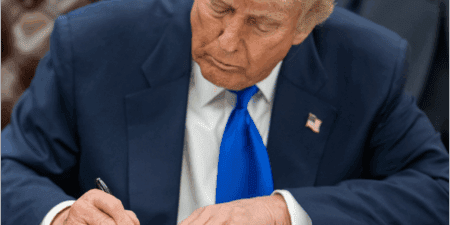
Trump II: Understanding Policy Prospects under the Next U.S. President

Insights & News


Australia Promotes Pro-Business Agenda
The BGA Australia Team, led by Managing Director Michael “Mick” McNeill, wrote an update to …

Côte d’Ivoire Offers Targeted Investment Opportunities Amid Tense Political Environment
WHAT YOU NEED TO KNOW ON THE HORIZON Côte d’Ivoire Market Overview and Forecast Political …

Indo-Pacific Considers New US Tariff Threat
The Indo-Pacific remains actively engaged in trade negotiations with the United States following U.S. President …
At BowerGroupAsia, we are committed to
delivering result-oriented solutions for our clients
We have proven track record of helping the world’s top companies seize opportunities and manage challenges across the dynamic Indo-Pacific region.




















